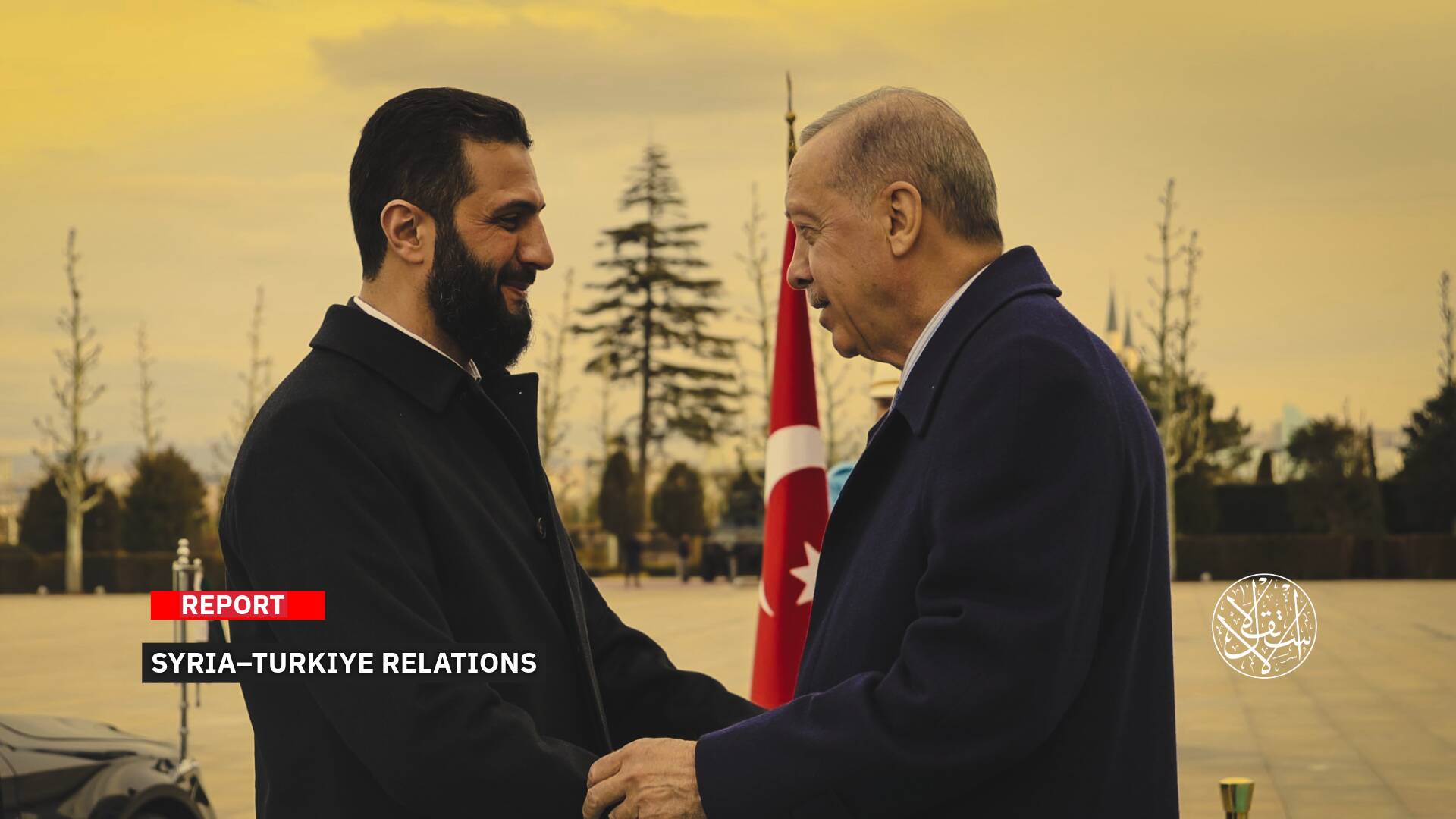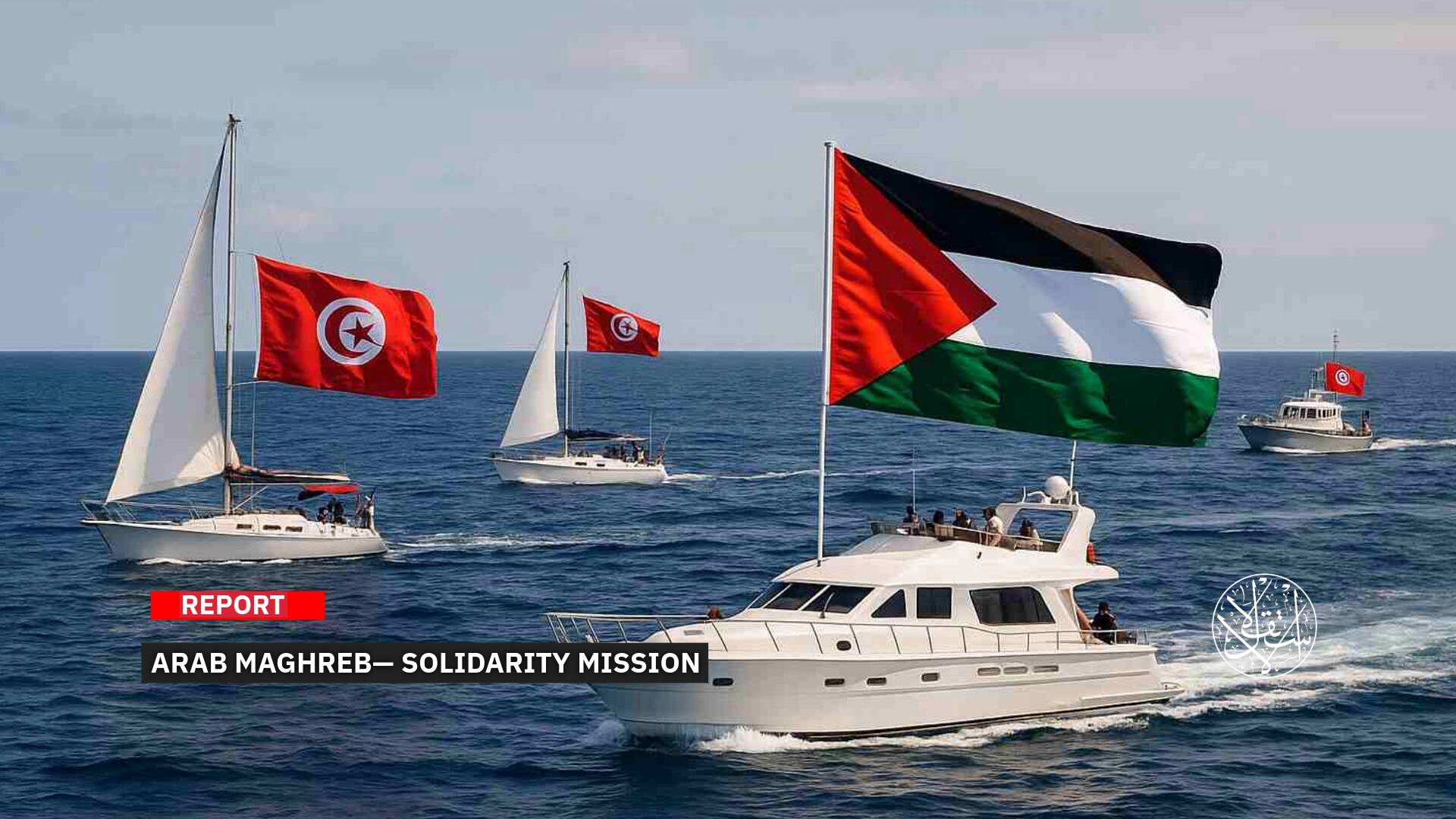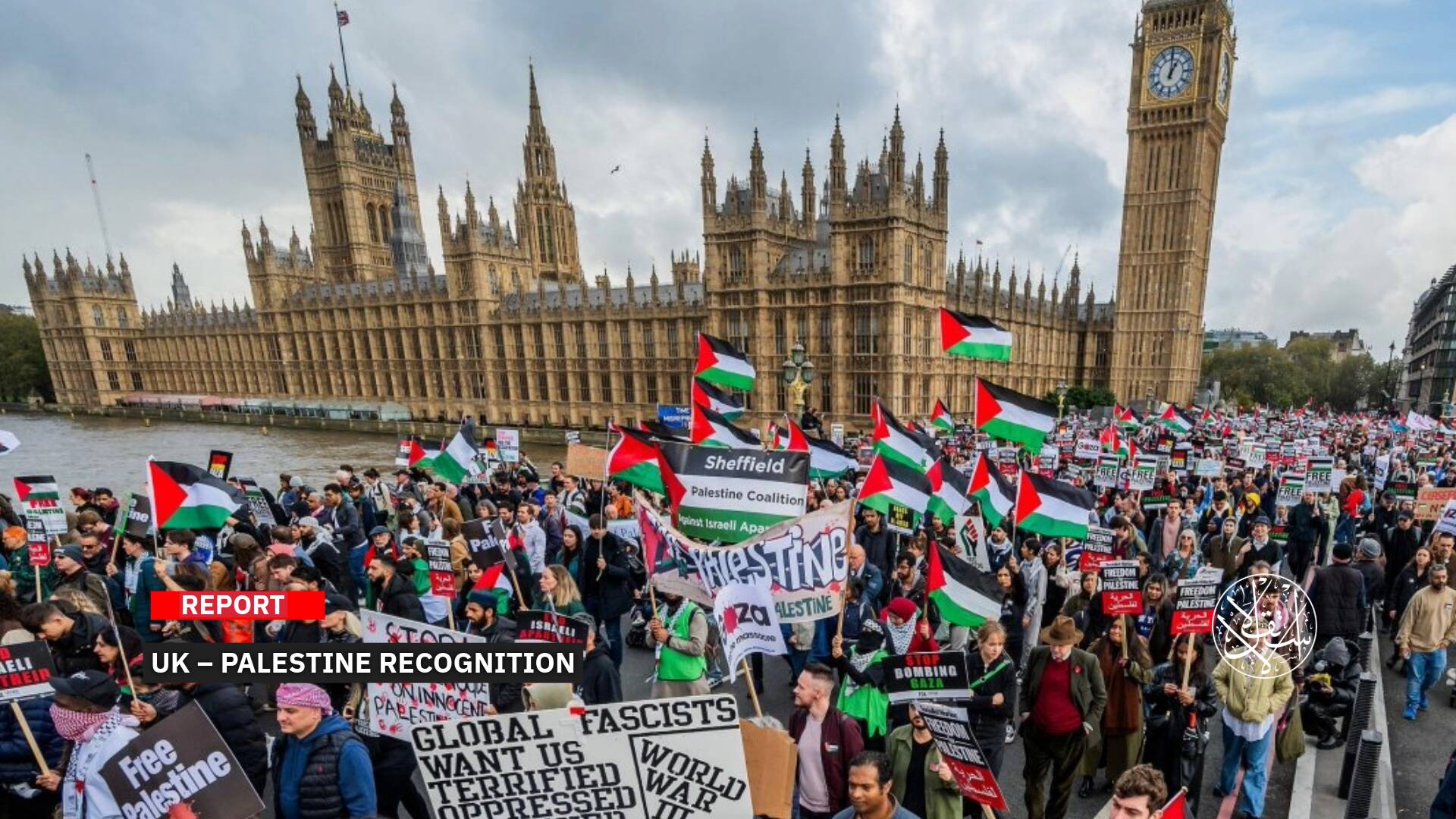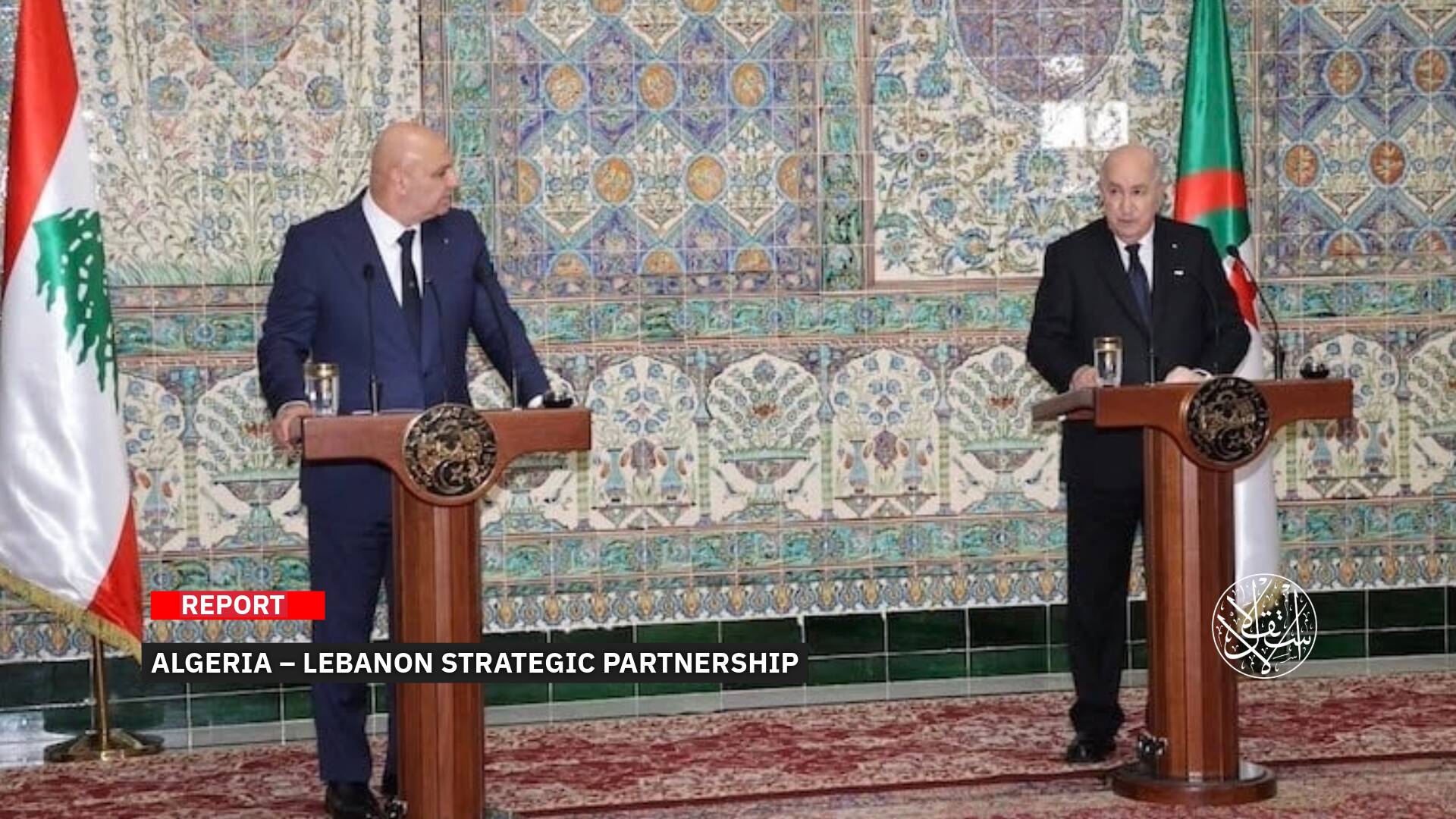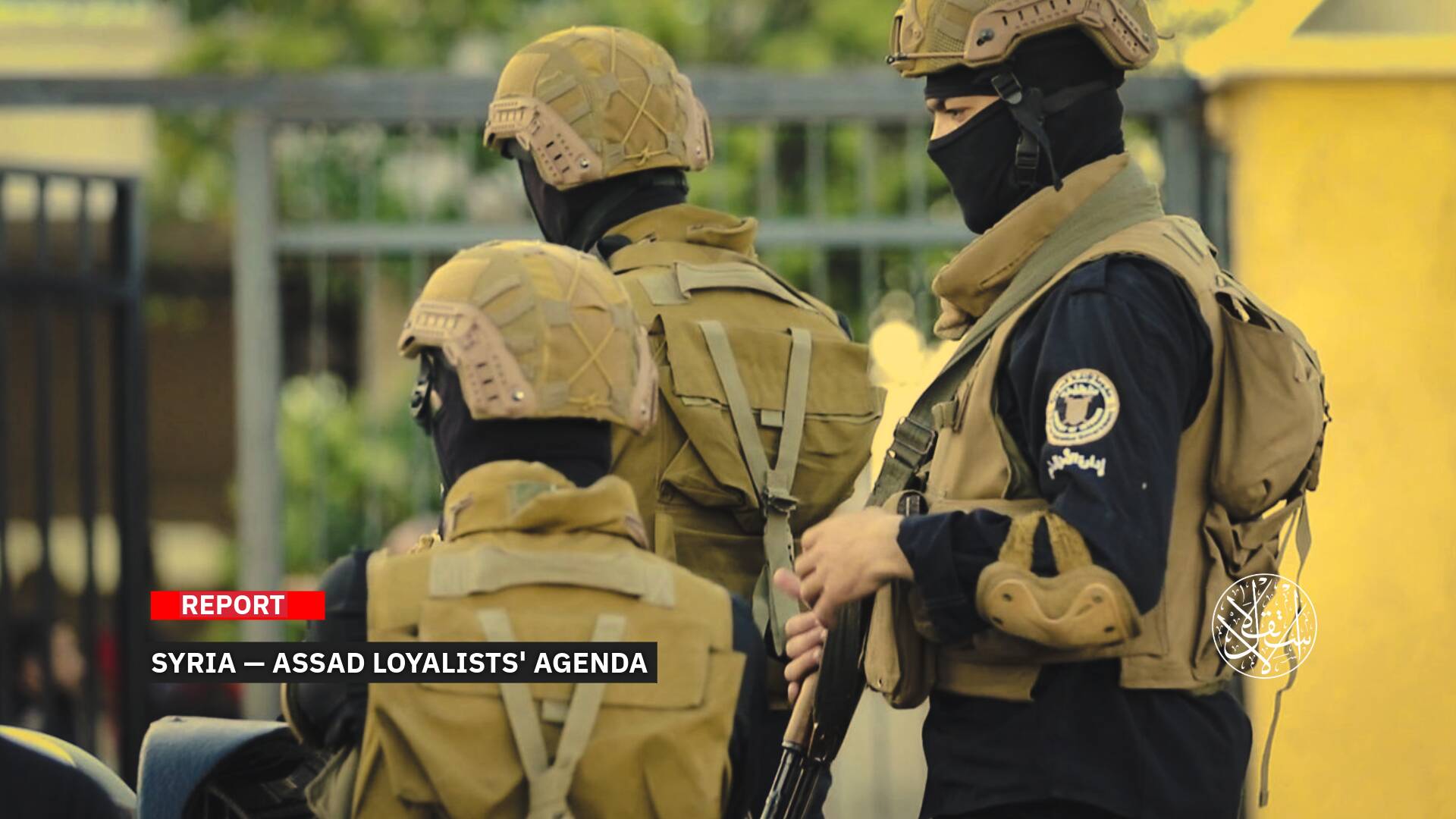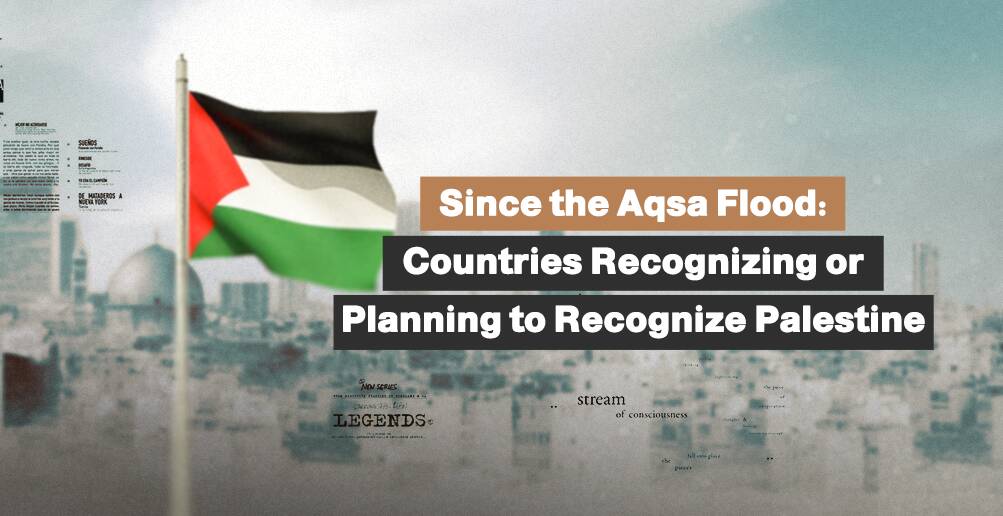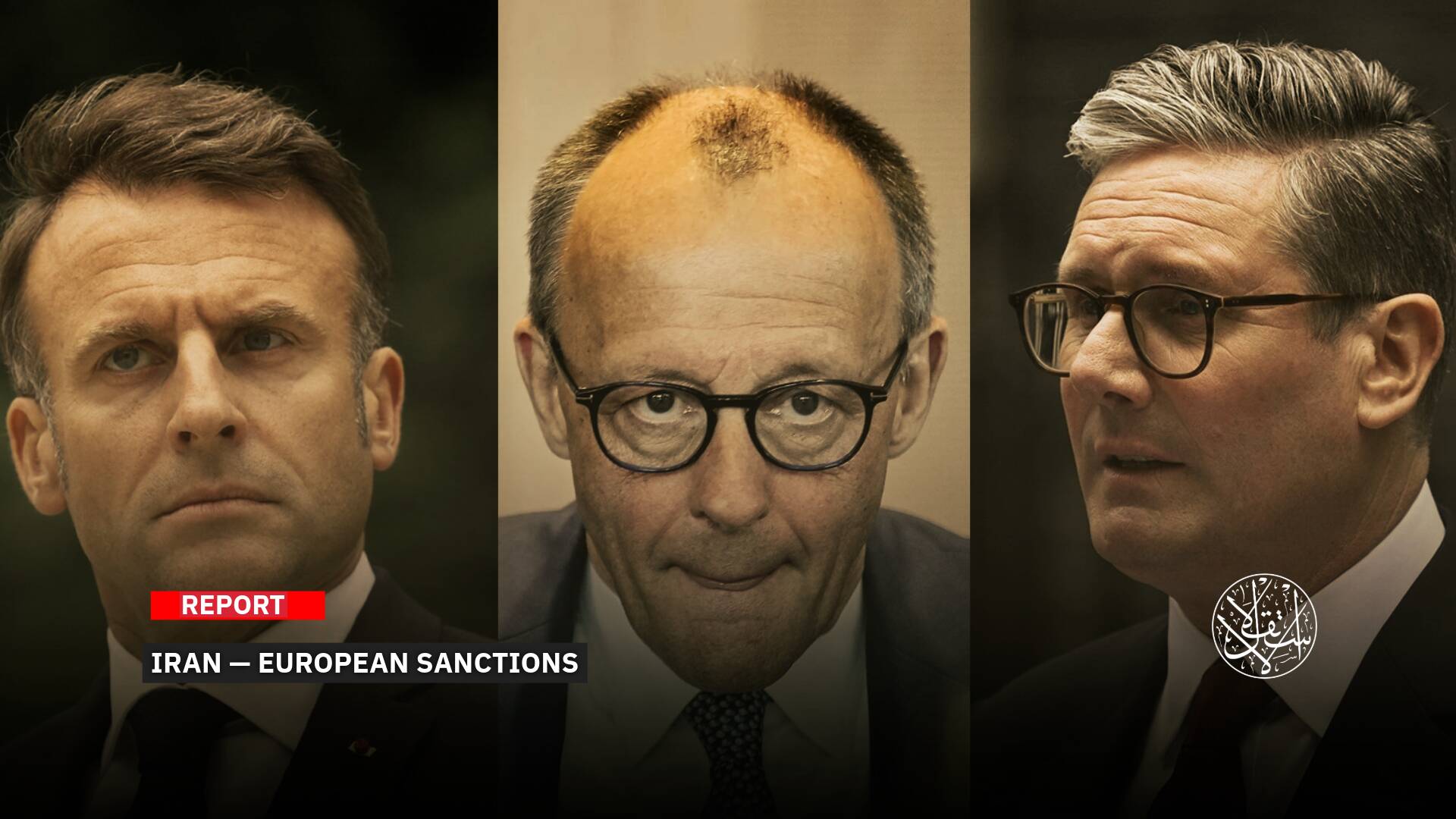How a Geostrategic Conflict Is Emerging Between 'Israel' and Turkiye Over Syria

“Israel's support for the SDF is another point of contention between Turkiye and Israel.”
Tensions between Turkiye and “Israel” are escalating significantly, especially after the dramatic events witnessed in the region during Operation Flood of Al-Aqsa launched by the Palestinian resistance from October 7, 2023 until today.
Subsequently, Turkiye toughened its stance towards “Israel”, including cutting off trade relations with “Israel” in solidarity with Gaza.
Last July, Turkish President Recep Tayyip Erdogan escalated his stance, threatening: “Just as we entered Nagorno-Karabakh and Libya, we will do the same with Israel.”
With Turkiye’s growing influence in Syria in recent days, questions have been raised about Erdogan’s next move towards “Israel”.
Is the Turkish president preparing to carry out his threat to invade “Israel”?
In contrast, “Israel” finds itself facing a new reality that requires preparation to confront the consequences of the Syrian transformation, as the fall of the Assad regime represents both a challenge and an opportunity, as it could lead to strategic changes in the regional balance of power.
Regional Influence
In light of the escalating tensions between Turkiye and “Israel” against the backdrop of the situation in the Gaza Strip, Syria is now threatened with becoming a new flashpoint between the two countries as a result of the conflicting interests and divergent positions between them.
Al-Monitor reported that relations between Turkiye and “Israel” are heading towards a collision course due to the Israeli incursion into southern Syria and Tel Aviv’s support for the Kurdish forces.
The newspaper indicated that Ankara is concerned that “Israel” may seek to strengthen its influence in Syria, taking advantage of the US support and the regional instability.
Following the end of Iran’s influence in Syria and the fall of its ally, it seems that both Turkiye and “Israel” are competing over the vacuum that will be left by the Iranian side, and perhaps the Russian side later, as each seeks to ensure its national security by intervening more in Syria.
It is noteworthy that Turkiye and “Israel” have intervened in the Syrian war in different ways. While Ankara was launching military operations inside Syrian territory against Kurdish forces, “Israel” launched hundreds of raids against sites affiliated with Iran and its militias in Syria.
Al-Monitor explained that one of the most prominent points of contention between the two sides is the Israeli incursion into southern Syria.
Israeli forces advanced 30 kilometers south of Damascus, and occupied the demilitarized buffer zone between “Israel” and Syria, in addition to seizing the strategic Mount Hermon site.
In this context, Turkish President Recep Tayyip Erdogan condemned, in statements he made this week, Israel's occupation of Syrian territory, calling for an end to the Israeli aggression to maintain stability in the region.
In contrast, de facto Syrian leader Ahmed al-Sharaa condemned the Israeli military moves, noting that Damascus is not about to engage in a conflict with “Israel”.
In the same context, Syria’s transitional government went to the UN Security Council to file a complaint against the Israeli military incursion into Syrian territory.
International concern over the Israeli incursion has been heightened following a statement by Netanyahu that “Israel” would invest in infrastructure in the Golan Heights.
Israeli support for Kurdish groups in northern Syria is also a major concern for Turkiye, which views these groups as an extension of the terrorist Kurdistan Workers’ Party (PKK) and a threat to its national security.
Despite Turkiye’s repeated warnings to the United States to end its support for the Syrian Democratic Forces (SDF), “Israel” has recently shown increasing support for these separatist groups.
In comments that angered Ankara, Israeli Foreign Minister Gideon Sa’ar said last week that “Israel” should view the Kurds as natural allies, calling for closer ties with them and other minorities in the Middle East.
Tensions between “Israel” and Turkiye, already strained by incidents such as the 2010 Mavi Marmara flotilla raid, could escalate if Ankara decides to take military action in Syria.
Conversely, some argue that the evolving geopolitical landscape could foster closer ties between “Israel” and Turkiye, driven by shared interests in stabilizing the region.

Major Consequences
In the same context, the Israeli newspaper Maariv indicated that the fall of the Assad regime will change the map of power relations in the Middle East, with the return of Turkiye as a regional power that may enter into direct conflict with “Israel”.
It stated that Turkiye plans to expand its influence in Syria through huge transportation projects, and this step may lead to a conflict with Israeli interests in the region.
In an interview with Turkish newspaper Yeni Safak, Mr. al-Sharaa said there would be strategic relations between the two countries.
He added: “This victory is not only the victory of the Syrian people but also of the Turkish people.”
“We trust that Turkiye will transfer its experience in economic development to Syria,” he said.
Maariv newspaper also noted that Turkiye has already invested economic and military resources in Syria since 2011, and that it has ambitions in the region, which are to return to a kind of Ottoman Empire.
“In recent days, the Turks announced that they intend to repave the Hejaz Railway (Istanbul-Damascus), and at the same time develop a highway between Turkiye and Syria, and build Turkish airports and seaports in Syria,” according to the same source.
In turn, political analyst specializing in Turkish affairs Mahmoud Alloush explained in a statement to Al-Estiklal newspaper that “the Syrian transformation brings benefits and risks to both Turkiye and Israel alike. However, the expected benefits that Turkiye may reap outweigh the potential risks to it and also the perceived benefits that Israel may reap.”
He added that “this transformation makes Turkiye the most influential actor in shaping the future of Syria, and brings it great geopolitical and economic opportunities, but it imposes great challenges on it to direct this transformation because its failure will bring great consequences that cannot be imagined.”
Despite this, Alloush indicated that “the fall of the Assad regime at the hands of Turkish-backed groups will provide it with an easy political path to a 30 km safe zone, which will ensure the removal of the Kurdish threat from the Turkish border, in addition to the return of about 3.5 million Syrian refugees to their country.”
“The economic benefits that Turkiye is expected to reap are perhaps greater than anything else, especially reconstruction projects, in addition to other strategic projects that were proposed in 2009 to extend a gas pipeline from Qatar to Turkiye through Syrian territory and from there to Europe,” he said.

Geostrategic Interests
Amid the fierce competition and clash of interests between Turkiye and “Israel”, some Israeli observers, such as Foreign Affairs and Defense Committee Chair MK Yuli Yoel Edelstein, fear that the already poor relations between the two countries could deteriorate, potentially leading to clashes with Turkiye's allies, such as Syrian National Army.
On his part, researcher Avi Bareli, a historian at the University of the Negev, expressed his fears that the new situation in Syria could be a prelude to a war zone between Turkiye and “Israel”.
Shalom Lipner, a former advisor to a number of Israeli prime ministers, argued that things could get even darker if Turkiye and its Syrian allies attack Kurdish forces again, potentially opening the way for a resurgence of ISIS influence.
Israel’s hawks are now pushing the Netanyahu government to reconstruct its vital geostrategic interests by creating facts on the ground to counter Turkish moves to expand into Syria at the expense of Iran’s now-defunct presence there.
They see it as possible to push for the establishment of a vital defense zone that takes into account regional instability, while dividing Syria along ethnic and sectarian lines and creating spheres of influence, strategic alliances, and autonomy with the Druze and Kurds.
They point out that a clash between “Israel” and Turkiye is not as imminent as is believed, noting that despite Erdogan’s criticism of Netanyahu and his description of him as the butcher of Gaza following the killing of tens of thousands of Palestinians by Israeli forces there, Turkiye still maintains an embassy in Tel Aviv, and diplomatic and intelligence channels between the two countries remain open.
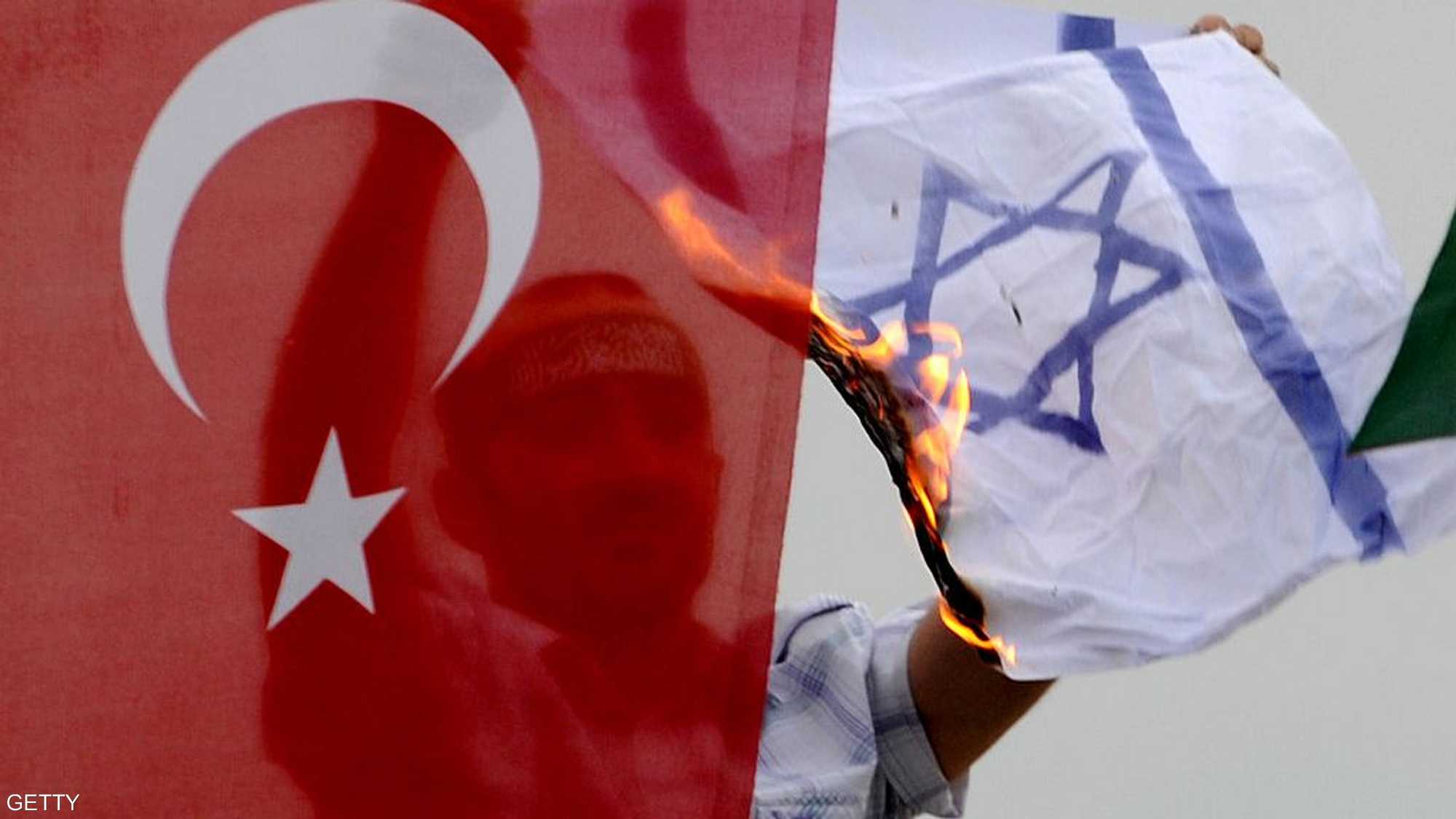
However, the US position is unclear amid its inability to control the movements of both Turkiye and “Israel” in Syria.
The Biden administration’s responses to Turkiye and Israel’s interventions in Syria have been inconsistent, with outgoing President Joe Biden defending Israel’s strikes and occupation of Syrian territory, describing them as a temporary security measure.
The US administration has also sought to broker a truce between the Turkish-backed National Army and Kurdish forces in northeastern Syria, but Ankara has refused to engage.
Turkiye fears that “Israel” may seek to consolidate its regional gains in Syria during Donald Trump’s second term.
According to observers, in the event of any disagreement or clash of interests between Turkiye and “Israel” in Syria, Washington is very likely to favor Israeli interests, especially with the presence of Trump’s new team, which is considered to be strongly pro-“Israel” hawks.
Sources
- Israel vs. Turkey: The Intensifying Middle-East Power Struggle
- Turkey, Israel on collision course in Syria over incursions, Kurdish support
- Israel’s got a new neighbor: Turkey's taking over Syria - opinion
- Netanyahu and Erdogan compete to be the Middle East’s strongman
- Ahmed al-Sharaa spoke to Yeni Safak: This is the victory of the Turkish people too [Turkish]
- Echoes of empires past: Is this Israel's next great regional foe?
- He promised military action against Israel: when it comes to terrorism - you should believe Erdogan [Hebrew]


